What are you looking for at Aqrani library?
-
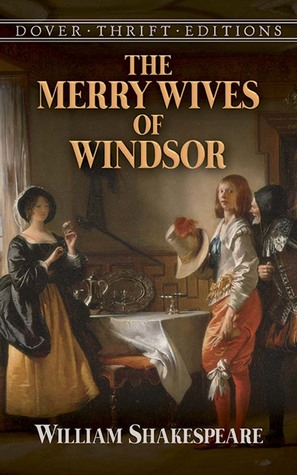
The Merry Wives of Windso...
The Merry Wives of Windsor is a comedy by William Shakespeare, first published in 1602, though believed to have been written prior to 1597. It features the fat knight Sir John Falstaff, and is Shakespeare's only play to deal exclusively with contemporary Elizabethan era English middle class life.
-

The Passionate Pilgrim
The Passionate Pilgrim was published by William Jaggard, later the publisher of Shakespeare’s First Folio. The first edition survives only in a single fragmentary copy; its date cannot be fixed with certainty since its title page is missing, though many scholars judge it likely to be from 1599, the year the second edition appeared with the attribution to Shakespeare. This version of The Passionate Pilgrim, contains 15 romantic sonnets and short poems. The works contained, while disputed as to authorship are in this writer’s most humble opinion, among the best of the age.
-
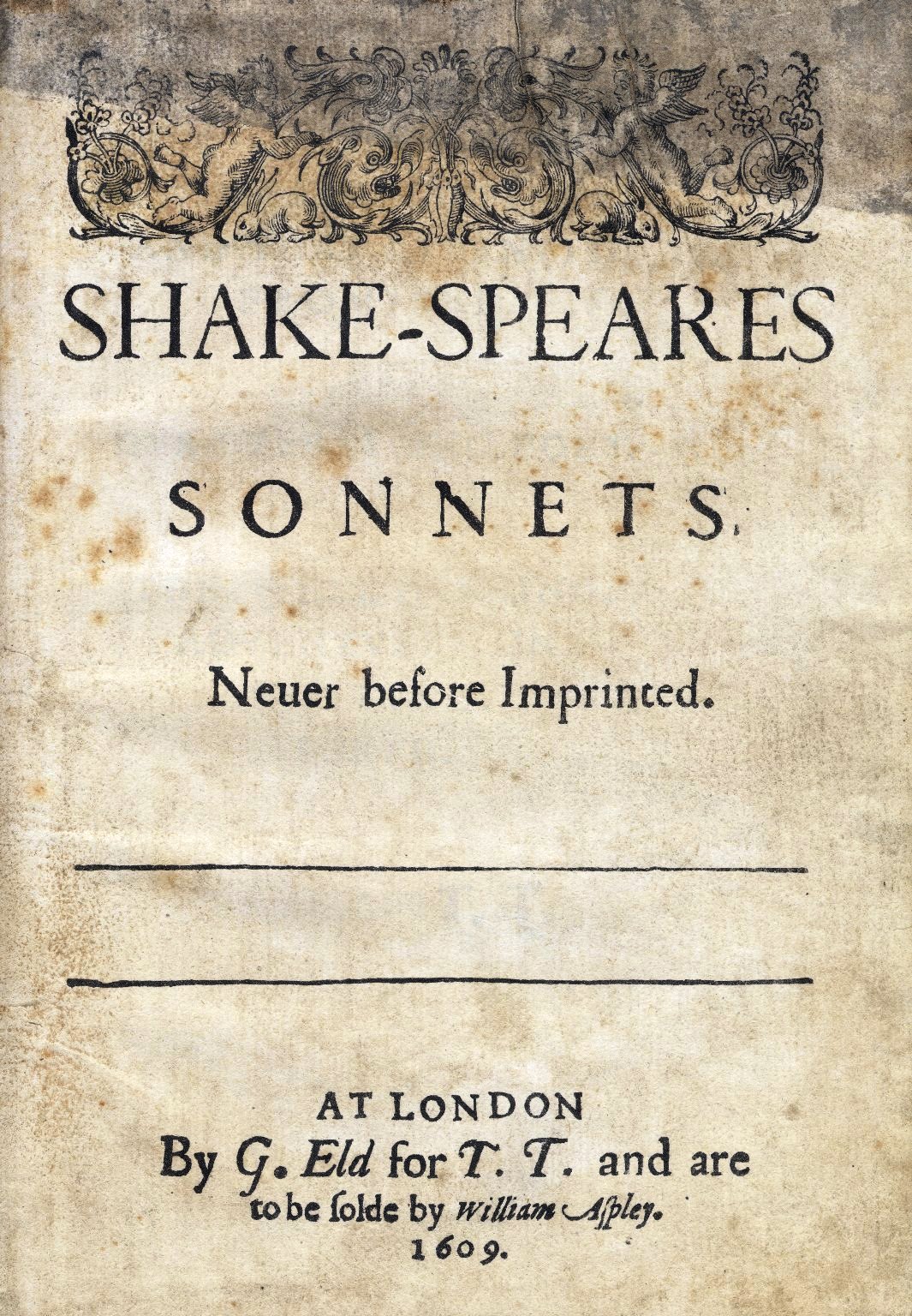
The Sonnets
Shakespeare’s Sonnets, or simply The Sonnets, comprise a collection of 154 poems in sonnet form written by William Shakespeare that deal with such themes as love, beauty, politics, and mortality. The poems were probably written over a period of several years.
-
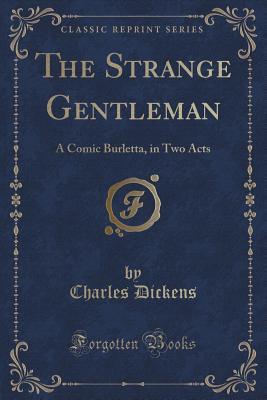
the strange gentleman
Before he became a novelist, Dickens wrote several successful plays. This one from 1836, his first, he called, "A Comic Burletta in Two Acts". Characters arrive at a village inn called "The St. James Arms" and much confusion ensues.
-
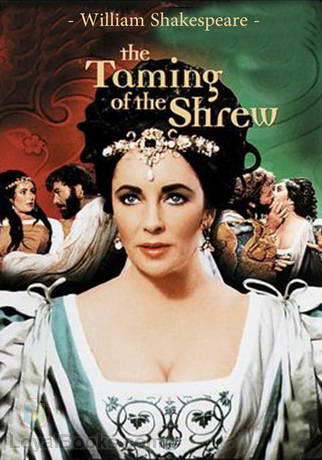
The Taming of the Shrew
The Taming of the Shrew is one of Shakespeare's earliest comedies, and was inspired by classical Roman comedy and the Italian commedia dell'arte. Baptista Minola, a rich gentleman of Padua, has two daughters: Katherina, renowned for her sharp tongue, and Bianca, who is sought after by multiple suitors. Baptista decides that Bianca cannot marry until her elder sister finds a husband. Enter Petruchio, who has come to "wive it wealthily in Padua," and who is convinced by Bianca's suitors to woo Katherina. The play ultimately poses the question of who is the bigger shrew: Kate or Petruchio. The subplot involves the subterfuge employed by Lucentio to woo the lovely Bianca.
-
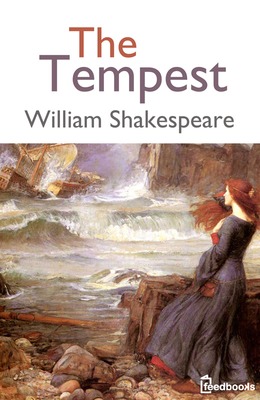
The Tempest
Banished from his own lands by a usurping brother, Prospero and his daughter Miranda have been living on a deserted island for years, until fate brings the brother within the range of Prospero's powers. Will he seek revenge, or reconcilement?
-
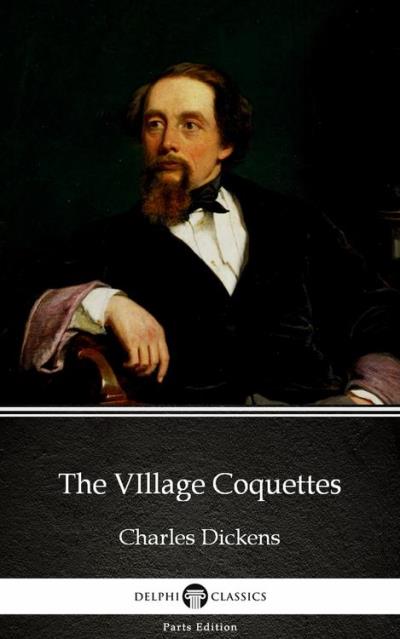
The VIllage Coquettes
This work has been selected by scholars as being culturally important, and is part of the knowledge base of civilization as we know it. This work was reproduced from the original artifact, and remains as true to the original work as possible. Therefore, you will see the original copyright references, library stamps (as most of these works have been housed in our most important libraries around the world), and other notations in the work. This work is in the public domain in the United States of America, and possibly other nations. Within the United States, you may freely copy and distribute this work, as no entity (individual or corporate) has a copyright on the body of the work.As a reproduction of a historical artifact, this work may contain missing or blurred pages, poor pictures, errant marks, etc. Scholars believe, and we concur, that this work is important enough to be preserved, reproduced, and made generally available to the public. We appreciate your support of the preservation process, and thank you for being an important part of keeping this knowledge alive and relevant.
-
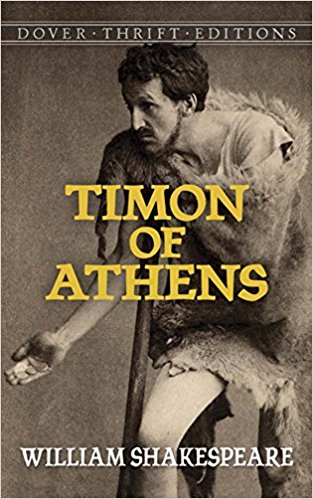
Timon of Athens
The Life of Timon of Athens is a play by William Shakespeare about the fortunes of an Athenian named Timon (and probably influenced by the philosopher of the same name, as well), generally regarded as one of his most obscure and difficult works. Originally grouped with the tragedies, it is generally considered such, but some scholars group it with the problem plays. The play has caused considerable debate among scholars. It is oddly constructed, with several lacunae (gaps) and for this reason is often described as unfinished, multi-authored, and/or experimental. No precise date of composition can be given and, while most place it as close but prior to the late romances, theories posited have ranged broadly from Shakespeare's first work to his last. It is usually grouped with the tragedies (as in the First Folio), though some scholars have placed it with the problem comedies despite the death of its title character. Source material includes Plutarch's "Life of Alcibiades" and Lucian's dialogue, Timon the Misanthrope. The play had not been published prior to its inclusion in the First Folio (1623).
-
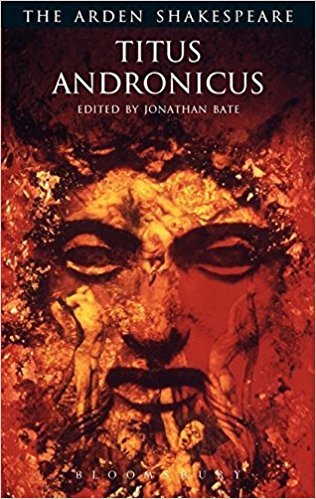
Titus Andronicus
Titus Andronicus may be Shakespeare's earliest tragedy; it is believed to have been written in the early 1590s. It depicts a Roman general who is engaged in a cycle of revenge with his enemy Tamora, the Queen of the Goths. The play is by far Shakespeare's bloodiest work. It lost popularity during the Victorian era because of its gore, and it has only recently seen its fortunes revive.
-
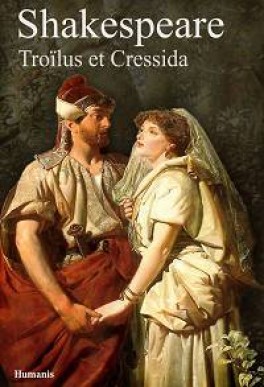
Troilus and Cressida
Troilus and Cressida is Shakespeare's "problem" play about the Trojan War. As the opening Chorus tells us, the play "begins in the middle" of the epic conflict, and counterpoints the drama of battle with the romance of the title characters. Just as Agamemnon and his Greek forces (particularly the smooth-tongued Ulysses) attempt to woo the invincible Achilles to resume fighting on their side, the Trojan go-between Pandarus tries to bring together Troilus, a son of King Priam, with his niece, the lovely Cressida.